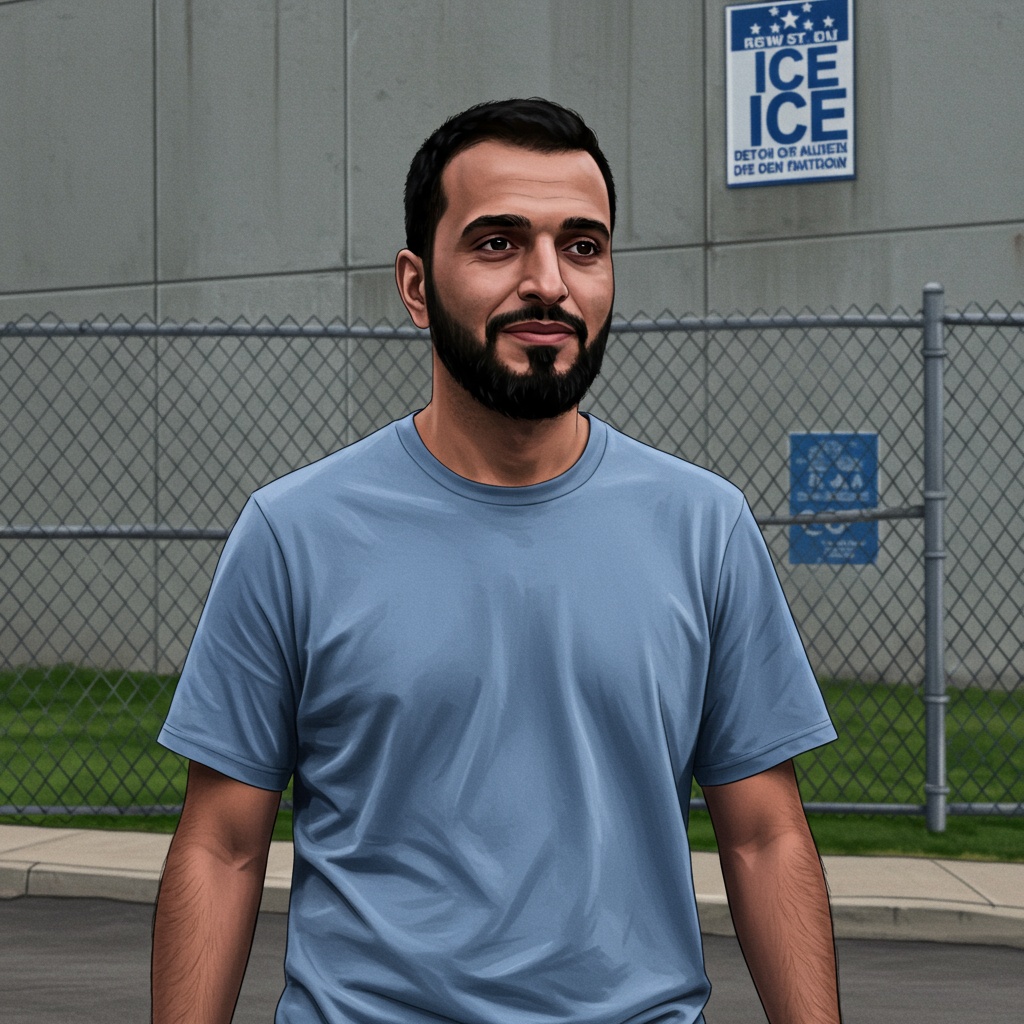The Middle East is on the brink of a wider regional conflict as the direct hostilities between Israel and Iran enter their sixth day. This unprecedented escalation has drawn global alarm, with significant focus on the potential for increased US involvement as President Donald Trump considers his nation’s next steps.
Trump Weighs Military Options Amid Escalation
US President Donald Trump has made it clear that his “patience with Iran has already run out.” As the Israel-Iran conflict intensifies, he is actively weighing options for US intervention, including the possibility of military strikes. Reports indicate Trump is growing increasingly receptive to using US military assets to target Iranian nuclear facilities.
Adding a dramatic new dimension to the crisis, Trump issued a direct demand for the “unconditional surrender” of Iran’s Supreme Leader Ayatollah Ali Khamenei. He later clarified this strong statement, indicating he meant “I’ve had it… No more… Then we go blow up all the… nuclear stuff.” Trump even referenced Khamenei as “an easy target,” stating the US knew his location but would not kill him “for now.” The President justified potential US action by asserting that Iran cannot possess a nuclear weapon, arguing they would “use it on us” and “be a terror all over the world.” He dismissed concerns about potential division within the Republican Party over US involvement. Amid the rising tensions, the US is coordinating evacuations of American citizens from Israel using various transport methods.
Iran Vows Defiance, Issues Stark Warnings
Iran has met the escalating pressure with strong defiance. Supreme Leader Ayatollah Ali Khamenei delivered a national address declaring that the Iranian nation will “not surrender.” He issued a severe warning to the United States, stating that any US military intervention would result in “irreparable damage.” Khamenei branded Trump’s demand for unconditional surrender as “threatening and ridiculous” and dismissed the US President’s threats as “absurd rhetoric.” He also specifically vowed “no mercy” on Israel, proclaiming, “The battle begins.”
Alongside these statements, Iran has confirmed launching missiles towards Israeli cities. The Revolutionary Guard reportedly arrested five individuals in Lorestan province, accusing them of working for Israel’s Mossad intelligence agency. The Iranian Army also released a photo purportedly showing a downed Israeli Hermes drone near Isfahan, a claim the Israeli military later confirmed, stating a drone was lost over Iran. Iran’s airspace remains closed, leading to the grounding of domestic and international flights. The head of Iran’s atomic energy organization stated that the country’s nuclear facilities were “doing fine” despite the strikes.
Israel Strikes Key Iranian Military & Nuclear Targets
Israel has confirmed conducting widespread airstrikes against Iranian targets, including military sites located in Tehran. The Israel Defense Forces (IDF) stated that their strikes were aimed at preventing Iran from producing nuclear weapons and included critical infrastructure such as:
Uranium enrichment sites
Military industrial complex facilities
Air bases and ballistic missile sites
Fuel depots
Iran’s internal security headquarters in Tehran
Specific sites confirmed hit include centrifuge production facilities, such as a building with advanced centrifuge rotors at the Tehran Research Center and two buildings with centrifuge components at the TESA Karaj workshop. Israel justifies its actions as necessary to neutralize an “existential and imminent threat from Iran’s nuclear weapon” and counter a “strategic plan to eliminate Israel” via proxy groups. While Israeli Prime Minister Netanyahu suggested the assault could trigger regime collapse in Iran, analysts generally view this outcome as unlikely given the government’s tight control. The IDF also confirmed receiving incoming missile launches from Iran.
International Concerns and Expert Analysis
The rapidly worsening situation has drawn significant international reactions and analysis. Russia has raised concerns about the potential consequences, including radioactive fallout, if Israeli strikes were to miss nuclear targets. Moscow also issued a stern warning to the US against providing direct military support to Israel, cautioning it would “radically destabilize the entire situation.” In contrast, Germany has expressed support for Israel’s campaign, with Chancellor Friedrich Merz describing it as the “dirty work Israel is doing for all of us” against a destructive regime.
The International Atomic Energy Agency (IAEA) has expressed uncertainty about the exact location of Iran’s near-bomb-grade uranium, as nuclear sites are closed due to the conflict and access for inspectors is restricted. While confirming that two centrifuge production sites were hit and noting no other country is enriching uranium at Iran’s current rate, the IAEA stated they haven’t yet seen concrete proof of an active weapon program.
Analysts note that the US has been subtly involved from the outset through intelligence and weapons supply, helping Israel degrade Iran’s military capability without* direct US offensive action so far. However, direct US military intervention would dramatically escalate the conflict, potentially requiring specialized weapons like the GBU-57 “bunker buster” for deeply buried, hardened targets such as the Fordo nuclear facility, which might require multiple bombs. Experts question President Trump’s potential “appetite” for such an escalation, highlighting the lack of a clear “off-ramp” for the conflict. While Netanyahu suggested regime collapse is possible, analysis suggests this is improbable due to the Iranian government’s strong grip; any change is more likely to be an internal struggle, possibly leading to a more authoritarian outcome, though strikes could weaken the regime. Meanwhile, prominent Iranian opposition activists and Nobel laureates have called for an end to the fighting, cessation of Iran’s uranium enrichment, and a transition to democracy.
Situation on the Ground
On the ground, the conflict’s impact is being felt. An independent monitor, NetBlocks, reported a near-complete internet blackout across Iran. Reports from Tehran describe public unease and anger, with some residents leaving the capital, banks and supermarkets closed, increased security checkpoints, and fuel queues. However, there are also signs of rallying around the flag and hostility towards Israeli leadership. In Israel, residents have taken shelter in underground train stations during missile attacks. Satellite imagery indicates damage at an Iranian missile base near Tabriz. The US embassy and consulate in Israel remain closed.
The situation remains highly volatile, with significant military exchanges and direct threats exchanged between leaders, underscoring the potential for further and rapid escalation depending on the decisions made in Washington, Tehran, and Jerusalem.


